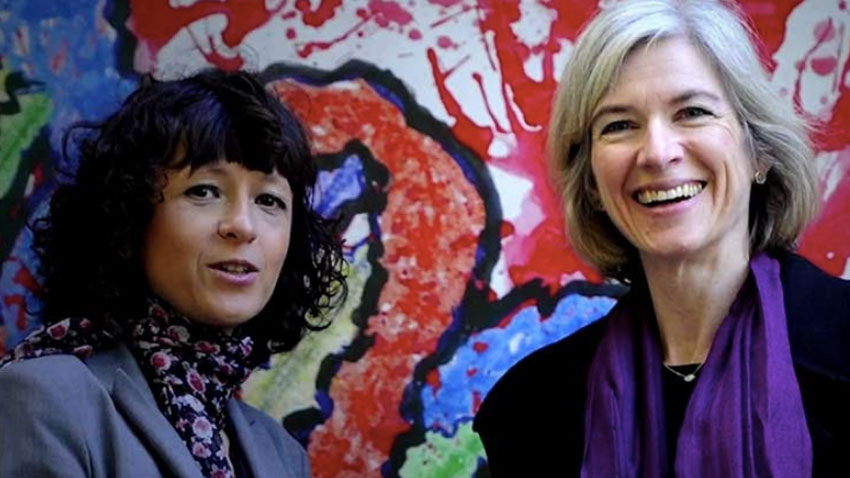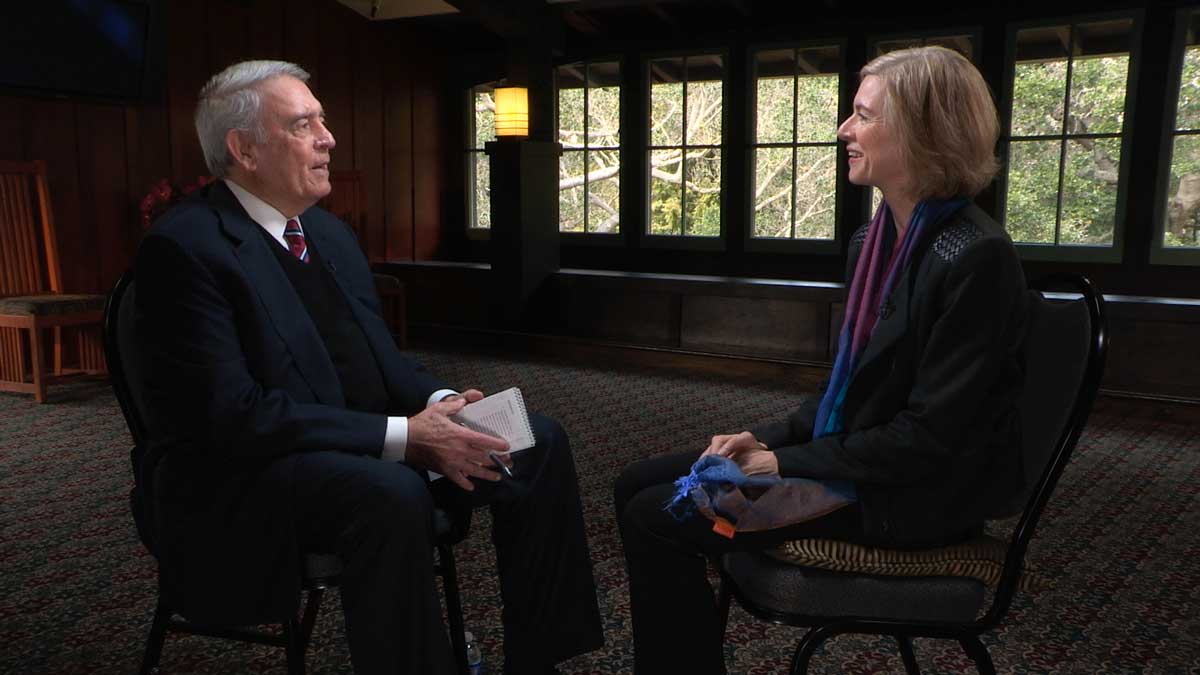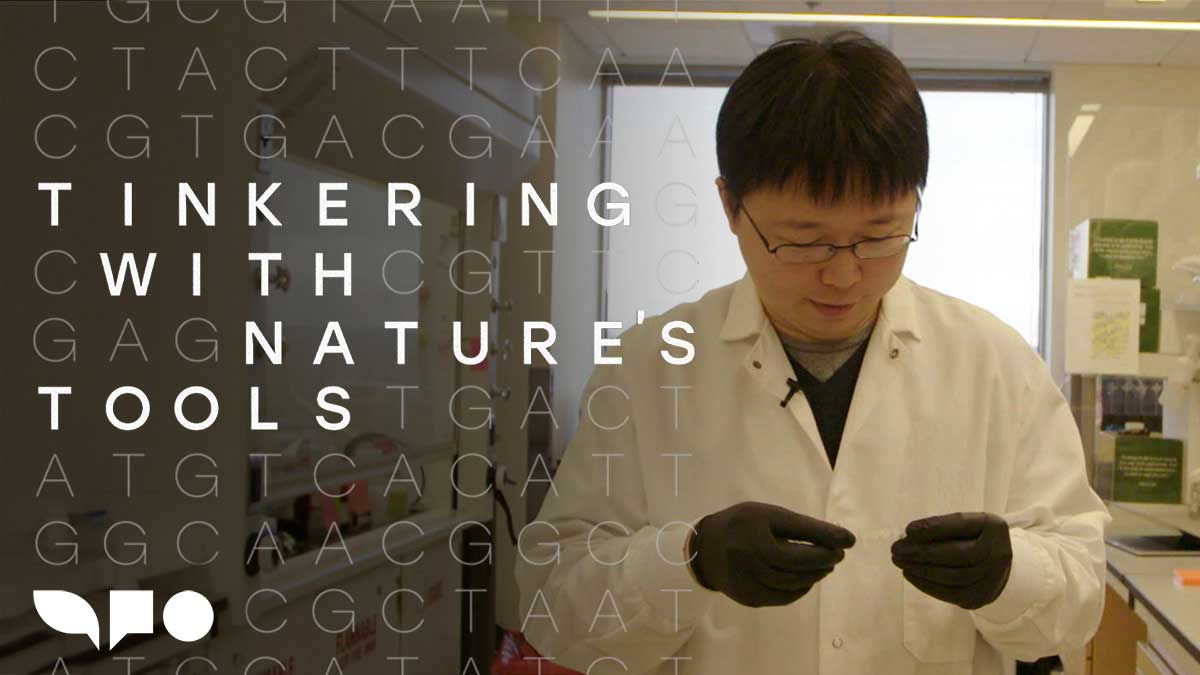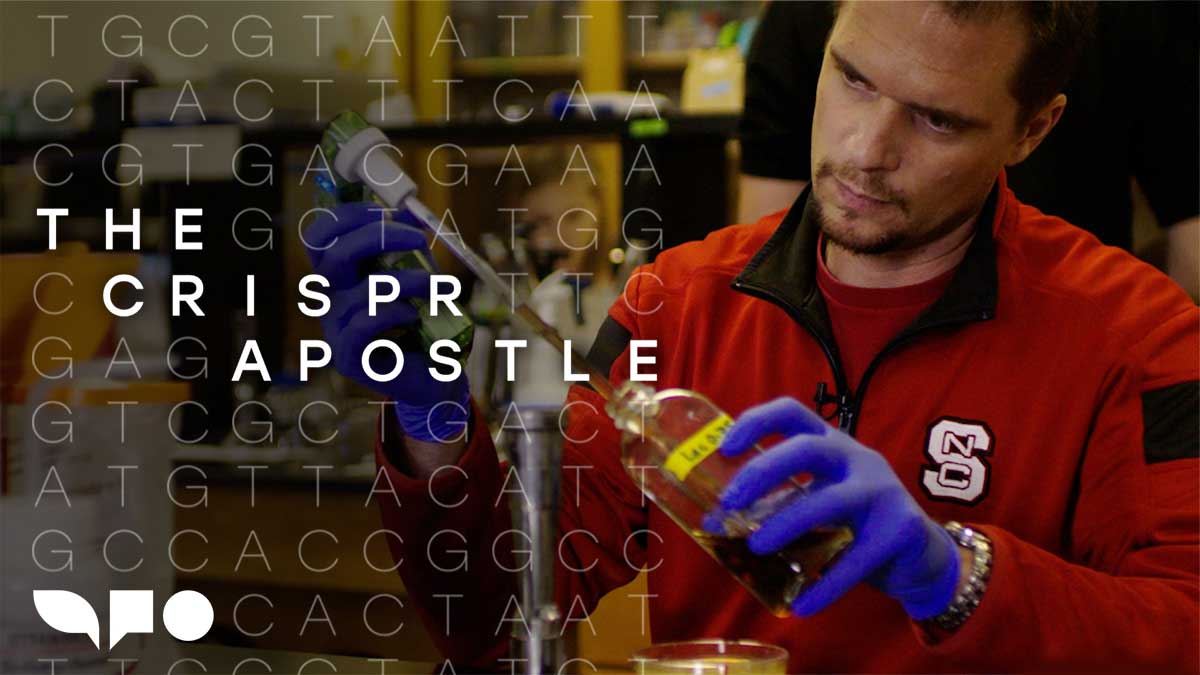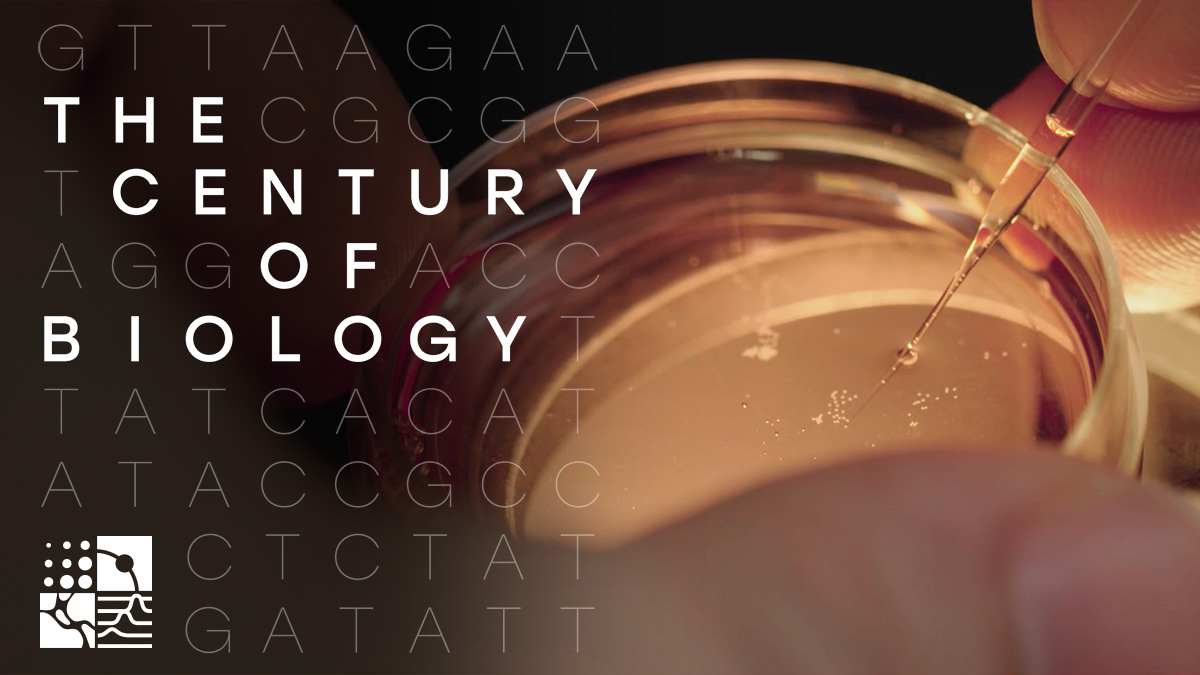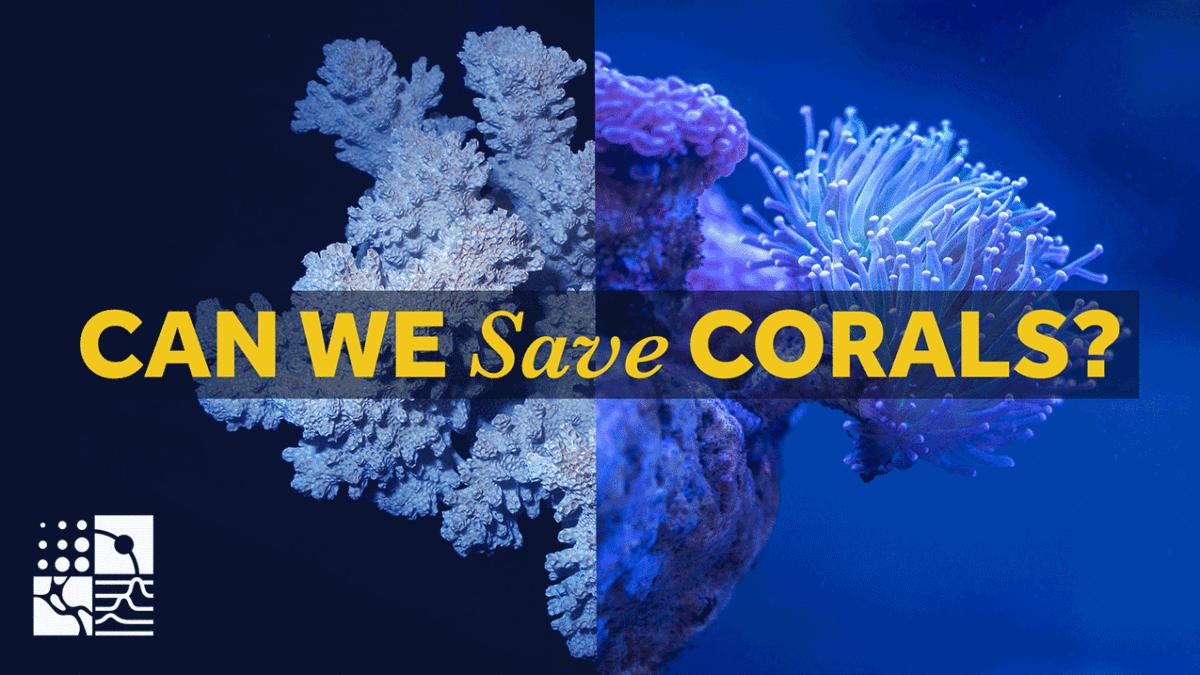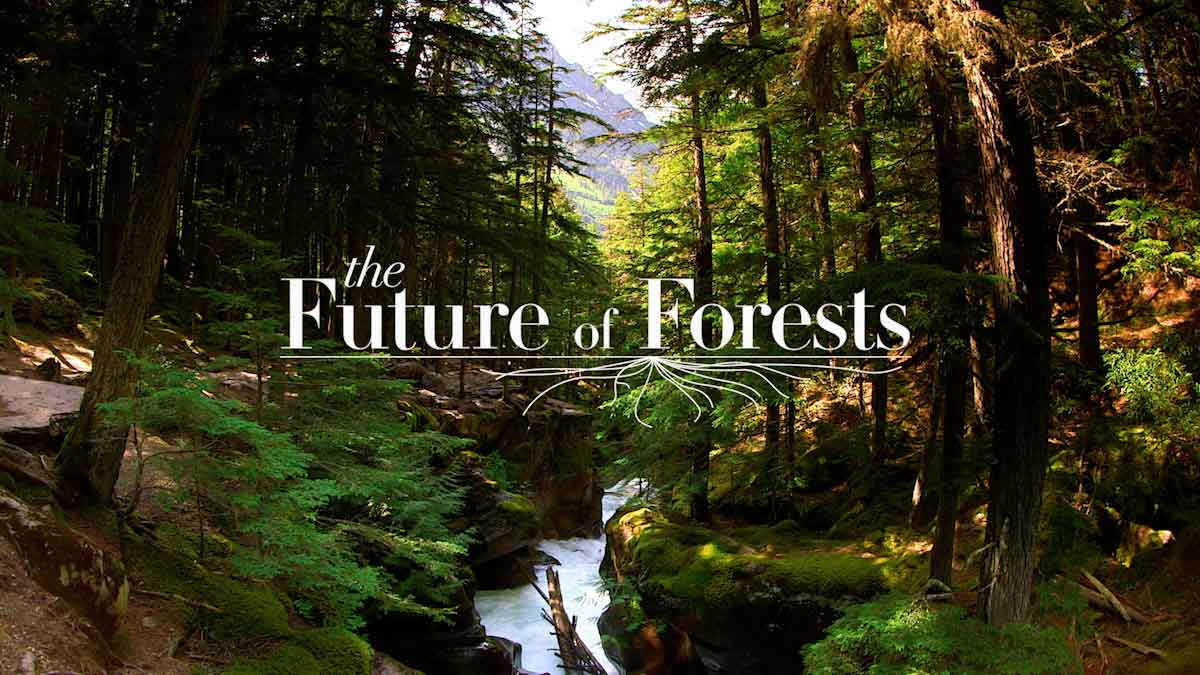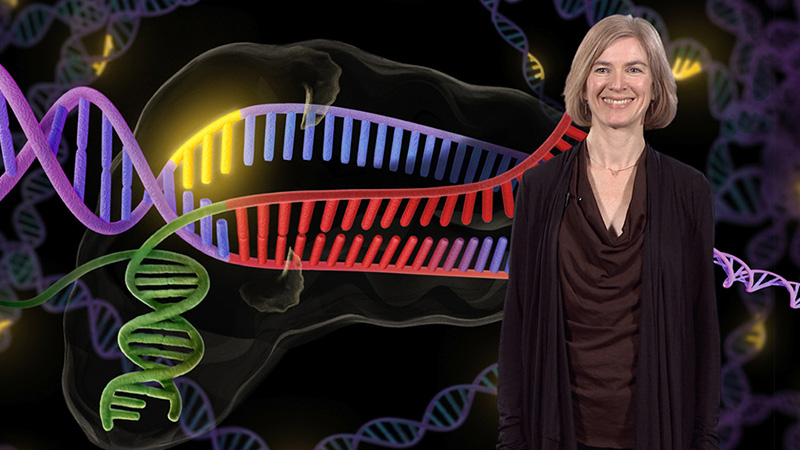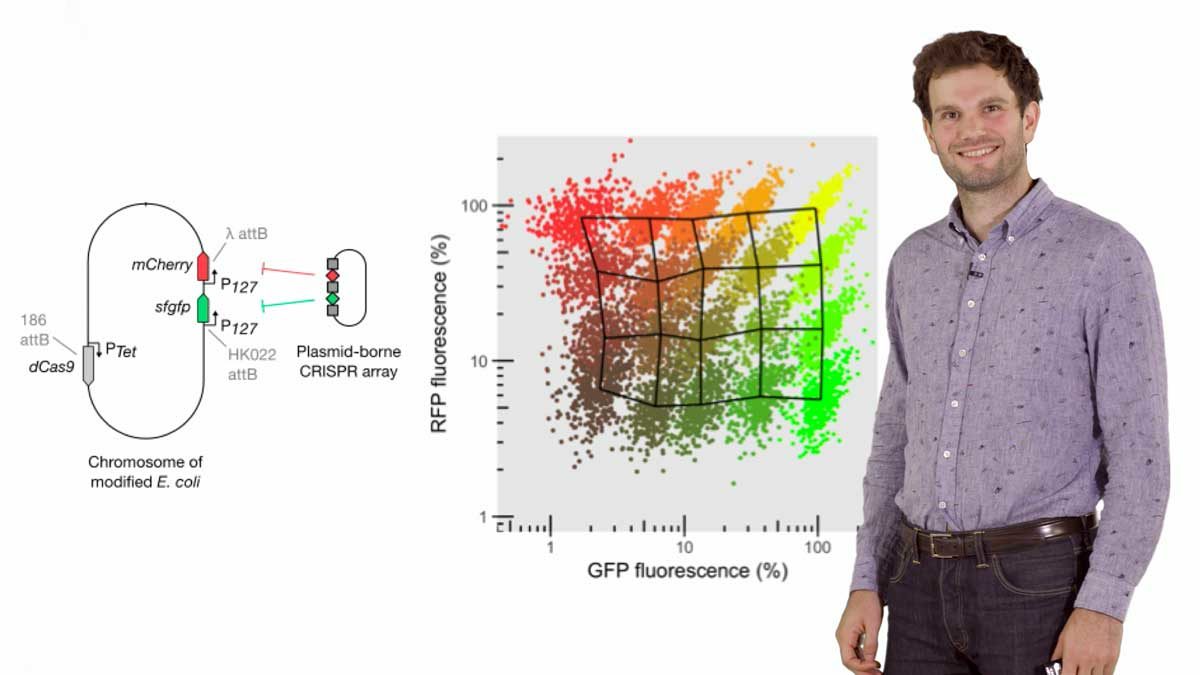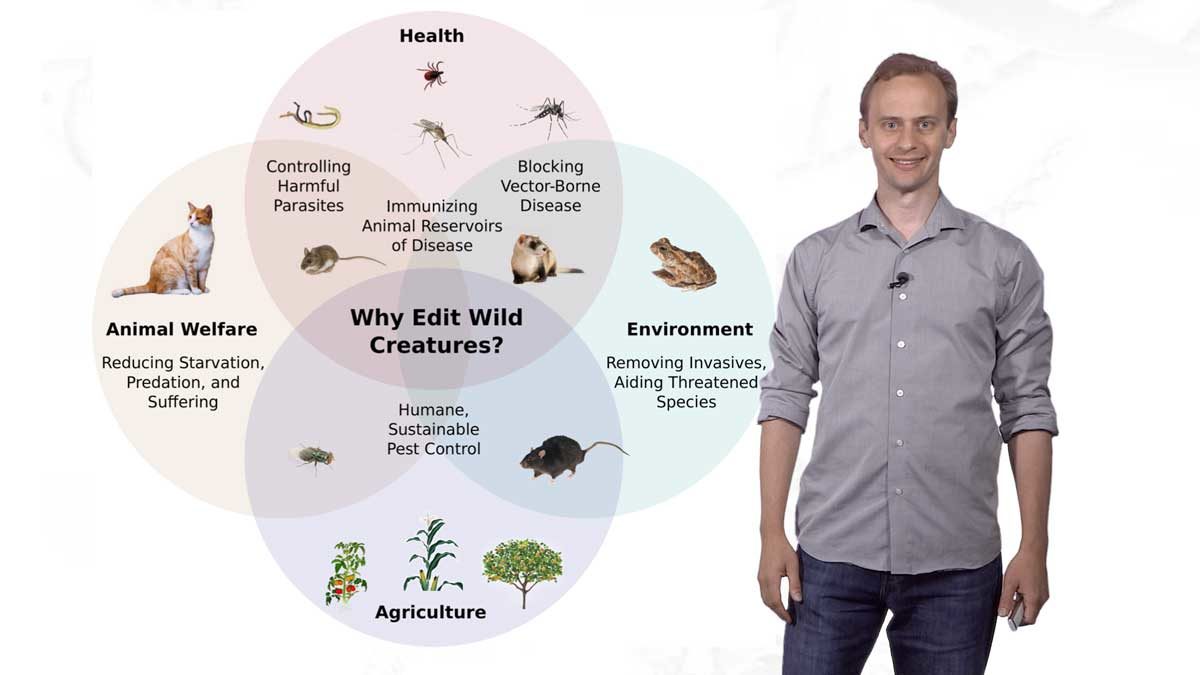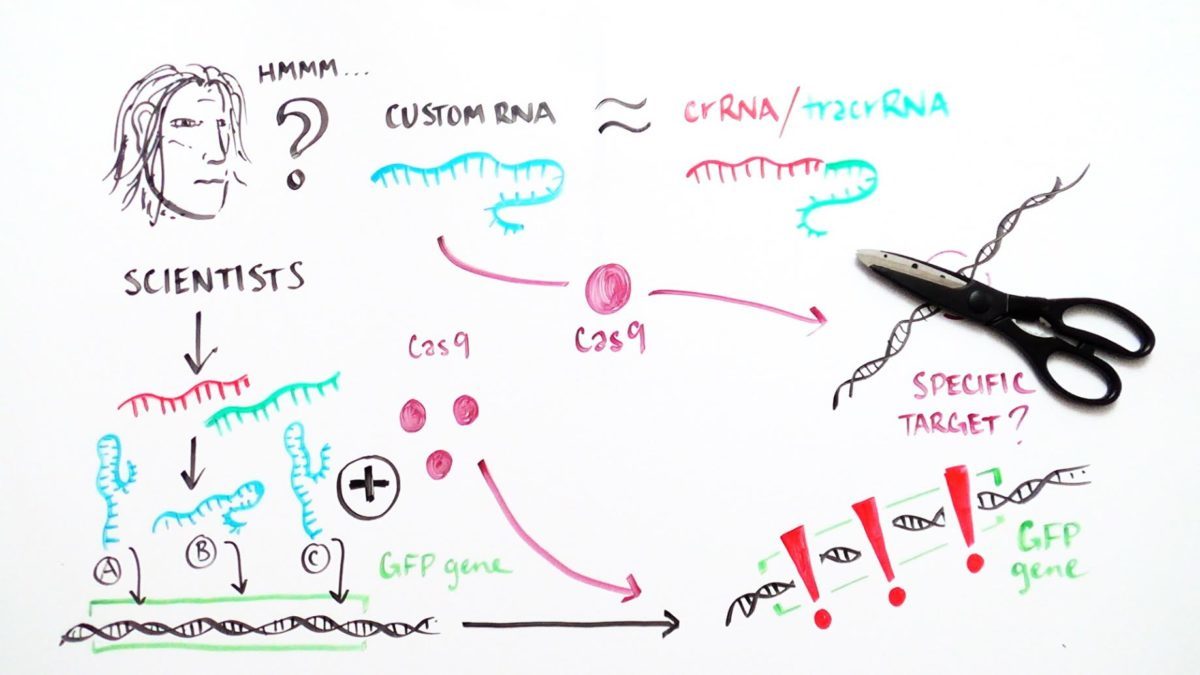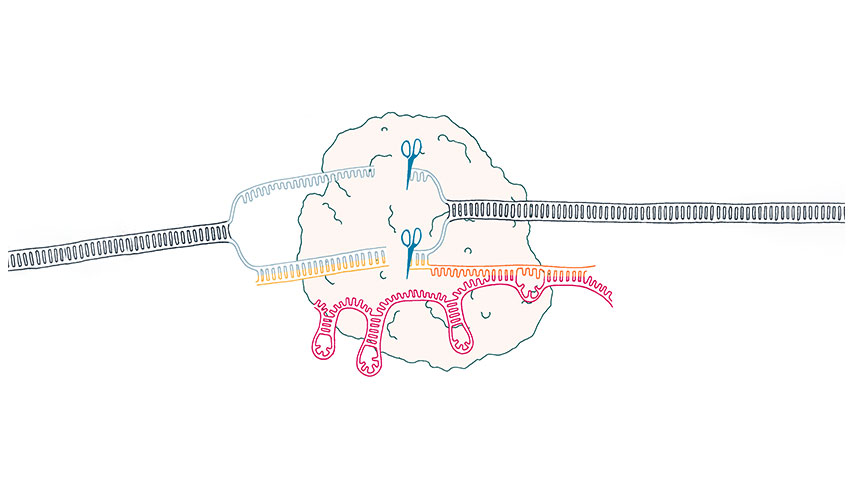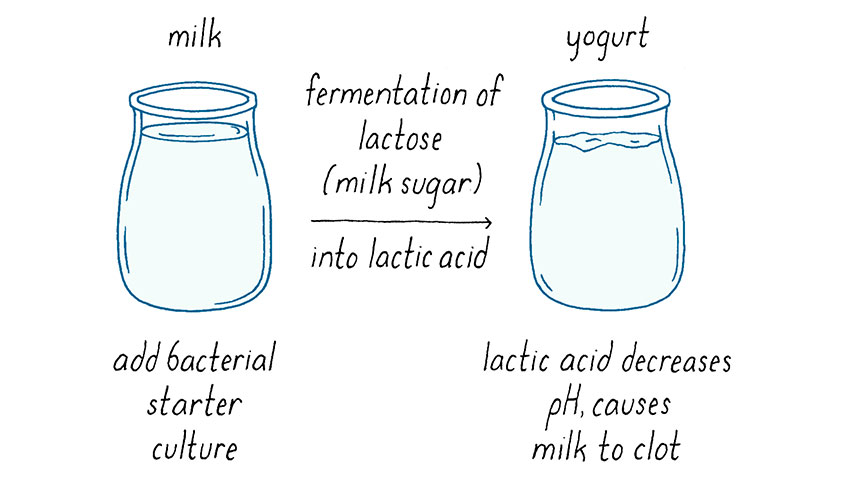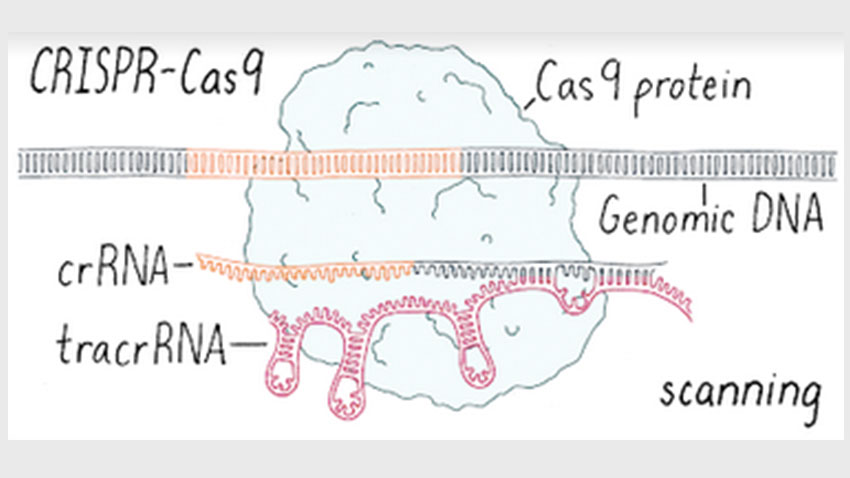We are excited to present all of the resources that we have on the Nobel Prize winning discovery of the use of CRISPR-Cas as a method for genome editing. Dr. Jennifer Doudna and Dr. Emmanuelle Charpentier earned the 2020 Nobel Prize in Chemistry for this development. This breakthrough called CRISPR has given us unprecedented control over the basic building blocks of life. Explore our resources and learn more about this technology!
Feature Documentary
Human Nature is a provocative exploration of CRISPR’s far-reaching implications, through the eyes of the scientists who discovered it, the families it’s affecting, and the bioengineers who are testing its limits. How will this new power change our relationship with nature? What will it mean for human evolution? To begin to answer these questions we must look back billions of years and peer into an uncertain future. Find out more about the film on the Wonder Collaborative website.
Interviews and Profiles
To learn about the seminal experiments that led to the 2020 Nobel Prize in Chemistry from the scientists themselves, take a look at these short films about the story behind the headlines.
Short Films
Explore CRISPR at the intersection of science, society, human health, and climate change through these engaging short documentary films.
Applying CRISPR Technology
Learn about the basics of CRISPR-based genome editing and how it is being applied in contemporary research.
Educator Resources
Explore the following educator-related content, from deep dive narratives written by Jennifer Doudna and Rodolphe Barrangou about their discoveries to illustrations and whiteboard animations that explain how CRISPR works. Many of these educator resources were produced in collaboration with Explorer’s Guide to Biology.

